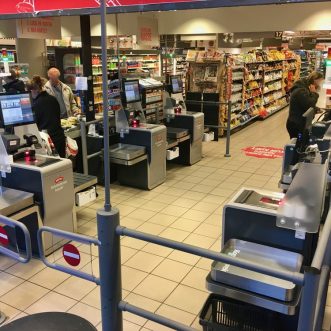
Rocks in the road
When a big change comes along, imposed from outside, we tend to view it as a problem. A rock thrown in our path – unnecessarily, we think.
But its possible to view it as a welcome opportunity, a chance to pause on the road and reflect on what we’re doing, why we are doing it and who for.
If I was an accountant, now that the first part of MTD is out of the way, I’d be asking myself:
-
What is the job of an accountant?
-
Who can I best serve?
-
What do they really want?
-
How does MTD and its ramifications help me put the answers to these questions in place?
That rock might just be a signpost to a better path.




